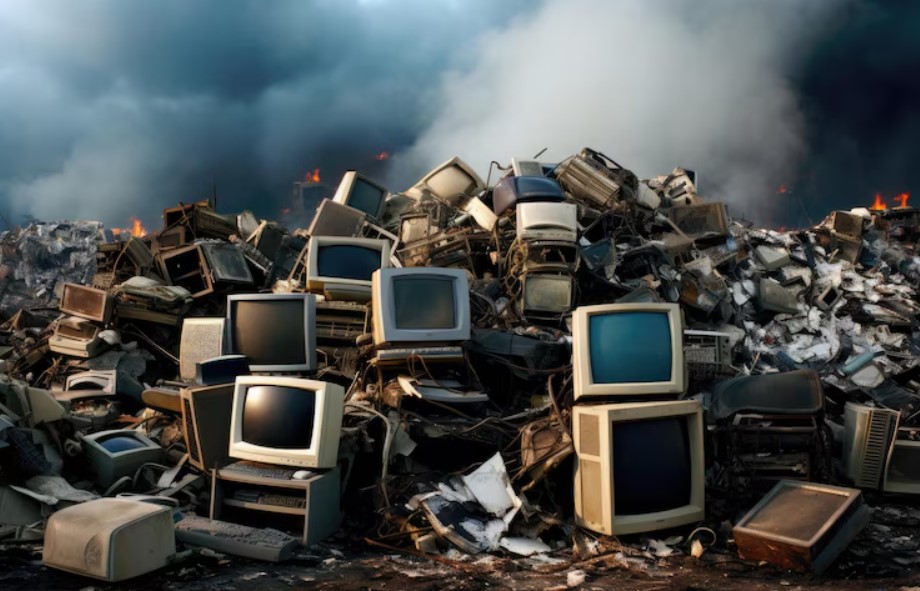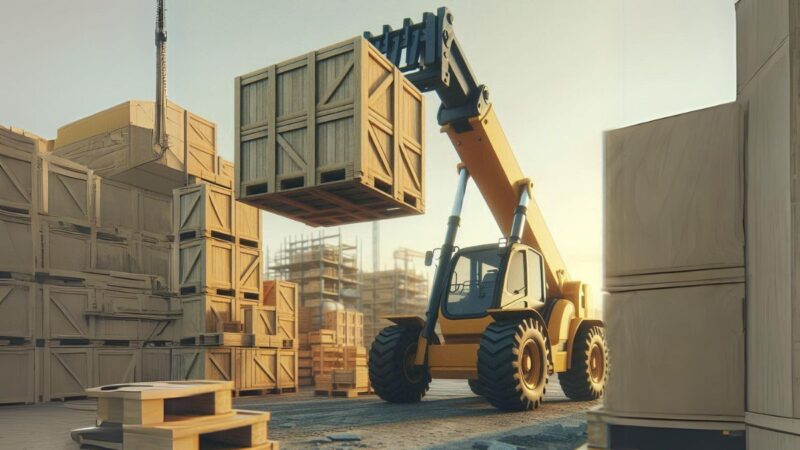TV Recycling: Turning Old Screens into Sustainable Solutions

With the rapid advancement of technology, the lifespan of electronic devices like TVs is becoming increasingly shorter. As a result, the issue of electronic waste (e-waste) has become a significant concern worldwide. In response to this growing problem, TV recycling has emerged as a crucial solution to mitigate environmental impact and promote sustainability.
Why is TV Recycling Important?
Environmental Impact
The improper disposal of old TVs can lead to severe environmental consequences. Most televisions contain hazardous materials such as lead, mercury, and cadmium, which can leach into the soil and water if not handled properly. By recycling TVs, we can prevent these toxic substances from polluting the environment and harming human health.
Resource Conservation
Televisions contain valuable resources such as metals, glass, and plastics that can be recovered and reused in the manufacturing of new products. Recycling old TVs helps conserve these finite resources and reduces the need for raw materials, thereby decreasing energy consumption and greenhouse gas emissions associated with extraction and production.
How to Recycle Your Old TV
Before disposing of your old TV, it’s essential to research the proper recycling methods available in your area. Here are some steps to consider:
Check Local Regulations
Different regions have varying regulations and guidelines for electronic waste disposal. Check with your local authorities or recycling facilities to understand the specific requirements and options available to you.
Donate or Sell Working TVs
If your TV is still in good working condition, consider donating it to a local charity or selling it to someone in need. This not only extends the life of the television but also reduces the demand for new products.
Find a Certified Recycling Center
For TVs that are no longer functional or repairable, the best option is to recycle them at a certified e-waste recycling center. These facilities have the expertise and equipment to safely dismantle and recycle electronic devices while adhering to environmental regulations.
Benefits of TV Recycling
Reduction of Electronic Waste
TV recycling plays a vital role in reducing the amount of electronic waste that ends up in landfills. By diverting old TVs from disposal sites, we can minimize the environmental impact associated with e-waste accumulation and promote a circular economy where materials are reused and recycled.
Conservation of Resources
Recycling old TVs helps conserve valuable resources such as metals, plastics, and glass, which are used in the manufacturing of new electronic devices. By recovering these materials through recycling, we can reduce the need for virgin resources and minimize the environmental footprint of electronic production.
Prevention of Pollution
Improper disposal of electronic waste can lead to soil and water contamination, posing significant risks to human health and the environment. By recycling TVs responsibly, we can prevent the release of hazardous substances into the ecosystem and mitigate pollution-related hazards.
TV Recycling Process
The TV recycling process typically involves several stages:
Collection
Old TVs are collected from households, businesses, and electronic waste drop-off sites.
Dismantling
Recycling facilities dismantle the TVs to separate the various components, including plastic casings, circuit boards, and glass screens.
Sorting
The dismantled parts are sorted into different categories based on material type and composition to facilitate recycling.
Recycling
The recyclable materials, such as metals, plastics, and glass, are processed and sent to manufacturers for reuse in new products.
What Happens to Recycled TVs?
Materials Recovery
Recycled TVs undergo a materials recovery process where valuable materials like copper, aluminum, and gold are extracted and reused in the manufacturing of new electronics.
Responsible Disposal of Hazardous Components
Hazardous components such as leaded glass and mercury-containing bulbs are disposed of or treated in specialized facilities to prevent environmental contamination.
Finding a TV Recycling Center Near You
Online Search Tools
Several online platforms and directories allow users to search for local TV recycling centers based on their location. You can search it by searching TV Recycling Center Near Me.
Local Recycling Programs
Many communities offer curbside pickup or drop-off locations for electronic waste, including TVs. Check with your local recycling program or municipality for more information.
Tips for Responsible TV Disposal
Avoid Illegal Dumping
Never dispose of old TVs in the trash or illegally dump them in public spaces. Illegal dumping not only harms the environment but also violates local regulations and can result in fines or penalties.
Choose Certified Recyclers
When recycling your old TV, ensure you use a certified e-waste recycling center that follows environmental best practices and complies with regulations.
Consider Upgrading Options
Before recycling your old TV, consider upgrading to a more energy-efficient model or exploring repair options to extend its lifespan.
Conclusion
TV recycling is an essential practice that helps reduce electronic waste, conserve resources, and protect the environment. By responsibly disposing of old TVs through recycling programs and certified facilities, individuals can contribute to a sustainable future and minimize the environmental impact of electronic consumption.
Also Read: Waste Not, Want Not: Poole’s Pioneering Recycling Practices
FAQs
- How can I find a TV recycling center near me?
- You can search online using platforms like Earth911 or contact your local recycling program for information on nearby recycling centers.
- What should I do if I can’t find a local recycling center?
- If you’re unable to locate a nearby recycling center, consider contacting electronic retailers or manufacturers, as they may offer take-back programs or recycling services.
- Can I recycle a broken TV?
- Yes, most recycling centers accept broken or non-functional TVs for recycling. Ensure you follow the proper disposal guidelines to prevent environmental harm.
- Are there any costs associated with TV recycling?
- Some recycling centers may charge a fee for TV recycling to cover the cost of processing and disposal. However, many municipalities offer free or subsidized e-waste recycling programs.
- Is it better to recycle or donate old TVs?
- Both recycling and donating old TVs are beneficial options. If your TV is still in working condition, consider donating it to someone in need. Otherwise, recycling ensures the responsible disposal of electronic waste and resource recovery.





